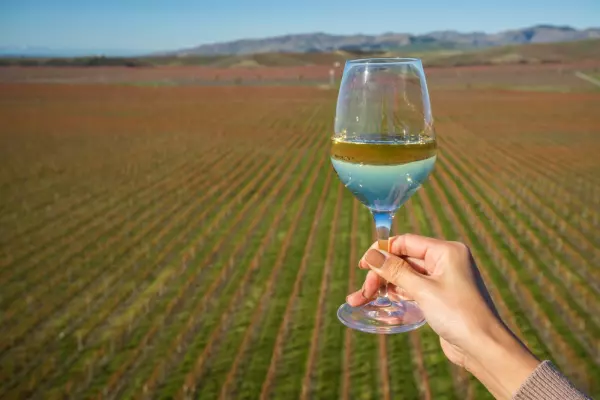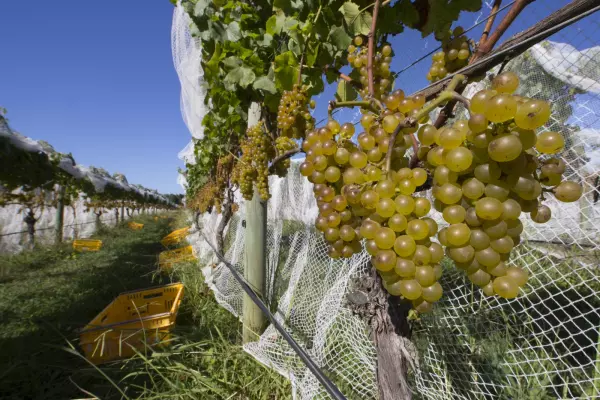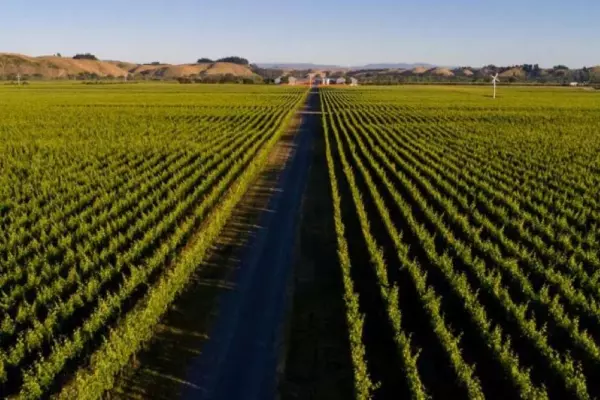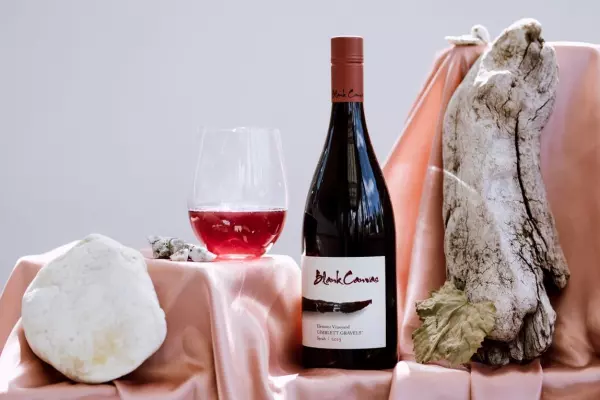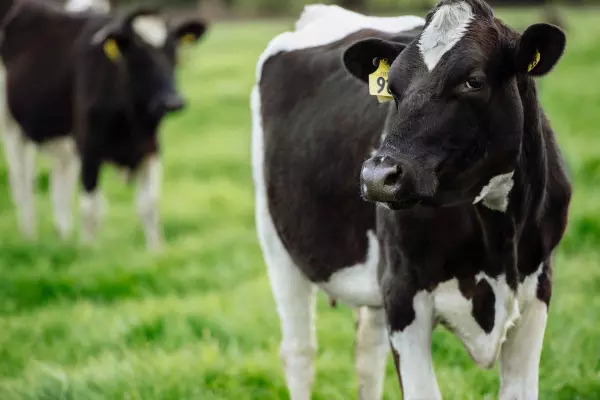The oldest winery in the South Island is being rebuilt and will be open to visitors in November.
The historical building was constructed 151 years ago by the father of Central Otago winemaking, Frenchman Jean Desiré Féraud.
Féraud arrived in New Zealand during the gold rush and made a fortune as a shareholder in several gold mines and as a producer of fruits, wines, cordials, beers and spirits, which he sold to the local mining community.
He is credited with being the first person to use irrigation in Central Otago.
In 1866, he was elected the first mayor of Clyde and, in the late 1860s, he produced the first wines in the South Island.
Original lost to storm
A winery built in 1871 was destroyed in a storm and replaced with a more durable building made of schist. Féraud christened it Monte Christo Winery.
The Tuapeka Times reported in 1872: “The wine made by Mr Féraud, we can vouch from personal test, is equal if not superior in quality to the best Australian, and should meet with a large and ready sale.”
Ten years later, Féraud left Monte Christo and moved to Dunedin before selling the winery.
Jump ahead to 2012. Dunedin-born Dr Stanley Paris had organised a family reunion at his Queenstown home. Guests included his sons Alan and Nicholas.
Nicholas is a master of wine and had read the story of Féraud and Monte Christo; he wanted to find the winery, or at least what was left of it.
Lease agreement
The family searched the Alexandra Basin but were unable to find any trace. Later, they discovered the historical stone building on a parcel of land belonging to their second cousin Blair Pedofsky.
After a few years of research and deep discussion, Stanley, Alan and Nicholas Paris agreed to lease the old winery, restore it, and turn it into a cellar door.
They also purchased adjacent land that was originally Féraud’s vineyard. They have established a vineyard on this plot and are building an underground cellar, three cottages for rent and a winery.
Overall, they now have 22 hectares of vineyard in three sub-regions – Bannockburn, Pisa and Alexandra – planted mostly in pinot noir and chardonnay and lesser amounts of riesling and pinot gris.
They hope to produce 10,000 cases of wine a year, which would make theirs a mid-sized winery.
Grapevine DNA-tested
On the old Monte Christo site, their viticulturist found an old grapevine, which was DNA-tested and identified as trollinger, also known as black hamburg, a red German/Italian variety that was almost certainly planted by Féraud.
The family plan to grow a small number of trollinger vines as they would have been nurtured 150 years ago.
Last year was their first official vintage. In November, they plan to release a 2023 pinot gris and a 2023 pinot noir rosé, together with a chardonnay and pinot noir from the 2022 vintage.
Nicholas Paris explained that their main goal was to introduce Central Otago and, particularly, Alexandra to the rest of the world.
They also plan to increase awareness of Féraud and the Monte Christo Winery.
It is an exciting project. I am sure it will be successful.
Tasting notes
Monte Christo Winery 2022 Chardonnay (approximately $55)
100% from Alexandra. Appealing and accessible wine with subtle complexity and seductive acidity that is delicately mouth-watering. The wine has lovely purity with oyster-shell and citrus flavours. Future releases will include a second label chardonnay. (94 points)
Monte Christo Winery 2022 Pinot Noir (approximately $70)
46% from Bannockburn, 23% Alexandra and 31% Pisa. Delicately aromatic pinot noir with floral, cherry, raspberry and a suggestion of hedgerow flavours. Accessible wine with freshness and energy. Precise, seamless pinot noir. (95 points)




